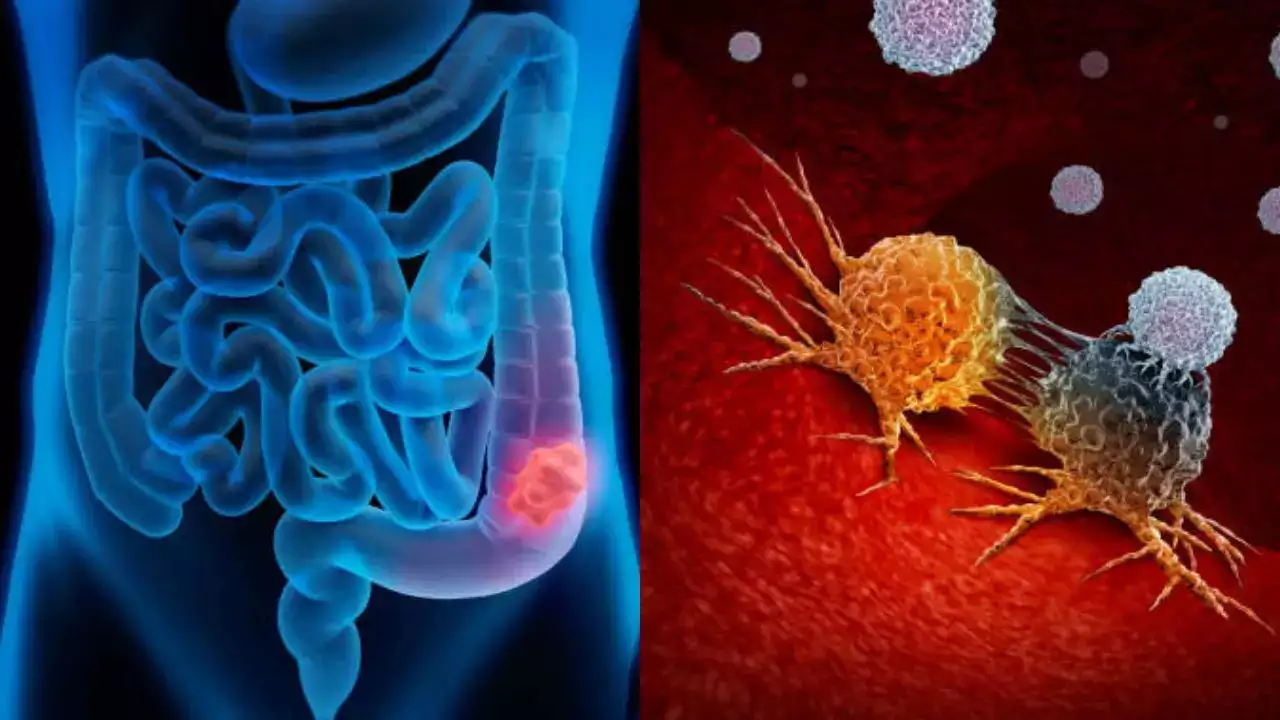
Rare cancers refer to the ones with a low incidence rate that typically affect less than 6 per 100,000 individuals annually
Cancer Types And Symptoms: Cancer is a public health challenge in India, with experts warning one in nine people is likely to develop the dreaded disease in a lifetime. While lung and breast cancers have been the leading sites of cancer in both men and women, there are a few rare cancers that need significant attention.
Doctors say these invisible threats in India – due to the vast popul been increasing mostly because of limited awareness, diagnosis hurdles, and restricted treatment options.
What are rare cancers?
According to doctors, rare cancers refer to the ones with a low incidence rate that typically affects less than 6 per 100,000 individuals annually or possibly 3 per 100,000 population in countries like India with low relative incidence of cancers. Statistics say there are over 200 identified types of rare cancers, affecting various organs and tissues throughout your body.
Notably, despite being rare individually, together rare tumours constitute more than 20 per cent of the total cancer burden -equivalent to any common cancer and demand attention.
Top rare cancers in India
Anal cancer
Also known as the carcinoma of the anal canal, this uncommon cancer develops in your anus’ tissues or the lining of your anal canal. According to experts, this is a gastrointestinal cancer that when becomes metastatic is incurable, while treatment can extend survival and alleviate symptoms.
Statistics say in India there are around 7,000 new cases of anal cancer annually. With a survival rate of 91 per cent if detected well in time.
The signs and symptoms of anal cancer include:
- A persistent itch in your anus
- Rectal bleeding
- A lump or mass
- Pain
- Seeing a change in your bowel movements, like the frequency or consistency of stools
- Leaking stool
- Feeling a constant need to poop
Even though the doctors are not sure what causes anal cancer, most anal cancer cases are linked to certain types of human papillomavirus, or HPV.
Ocular Melanoma
Ocular melanoma is a rare type of eye cancer, which begins in the Uveal tract and affects around 5 people per million adults annually in India. Doctors say ocular melanoma – which is highly aggressive and most often grows in the skin, develops in melanocytes, which are cells that make melanin.
According to experts, even though ocular melanoma does not show any signs or symptoms at first, it may seem similar to other, less serious conditions when it begins to develop. A few of these include:
- Change in the shape or size of the pupil
- Changes in the eyeball’s position or movements within the socket
- Eyes that bulge
- Growing, dark spot on the iris
- Sensation of flashing lights or floaters
- Vision problems, such as blurry vision or losing part of your field of vision
Salivary gland cancer
This extremely rare cancer develops in your salivary glands - the organs in your mouth and throat that produce saliva. In India, it affects 1 in 100,000 adults and is treatable with a five-year survival rate of 95 per cent if it is confined to the salivary gland.
While anyone can develop salivary gland cancer, men are more likely to have malignant salivary gland tumours. You are also more likely to develop cancer in a salivary gland if you:
- Are 55 or older
- Smoke or use alcohol frequently
- Have received radiation therapy to your head or neck
A few signs and symptoms include:
-
Weakness or numbness in your face
- Persistent pain in your face
- Difficulty opening your mouth fully
- Trouble swallowing
- Bleeding from your mouth
Fibrolamellar Hepatocellular Carcinoma
Fibrolamellar Hepatocellular Carcinoma or FLC is a rare kind of liver cancer that primarily affects young adults and adolescents, often occurring in those with otherwise healthy livers. According to doctors, this dreadful disease is characterised by distinctive microscopic features with layers of fibrous tissue interspersed between tumour cells, giving it a "lamellar" appearance.
Doctors say the median survival after diagnosis of this cancer is 6-20 months.
Signs and symptoms of this cancer include:
- Abdominal pain
- Nausea
- Vomiting
- Loss of appetite
- Weight loss
- Jaundice
- Anaplastic thyroid cancer
Get Latest News Live on Times Now along with Breaking News and Top Headlines from Health and around the world.


